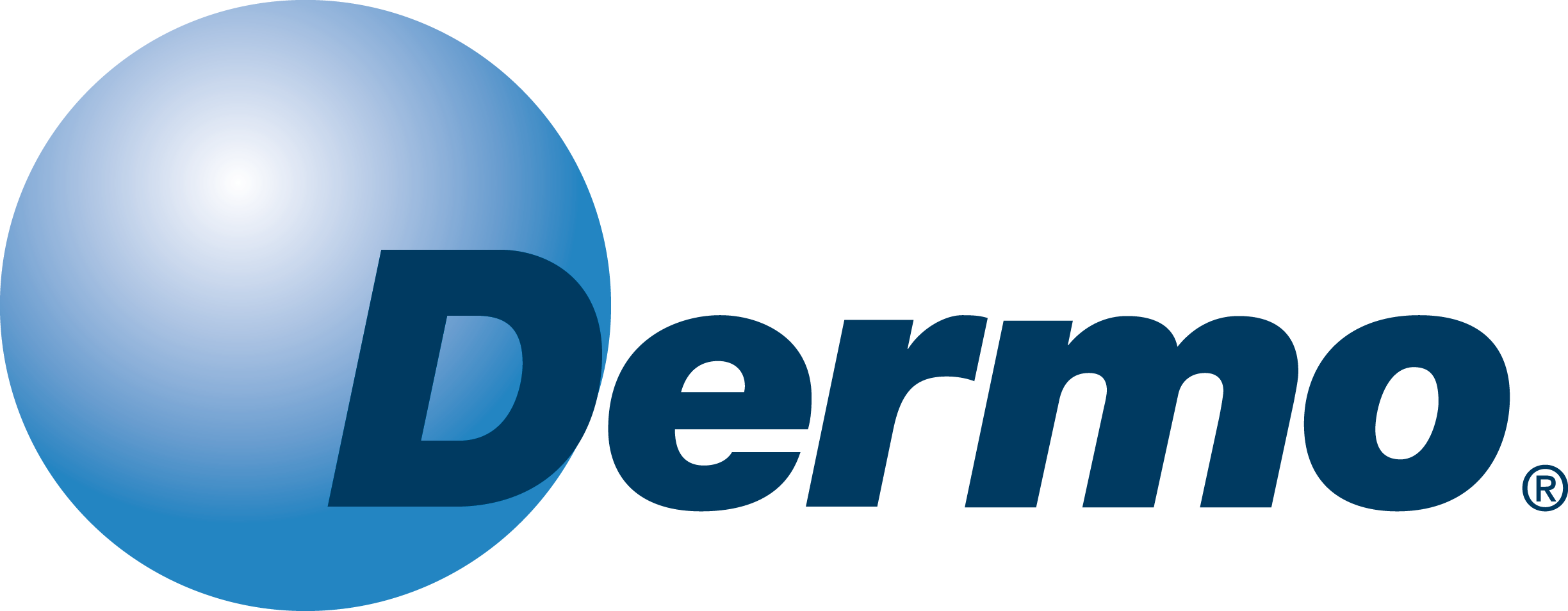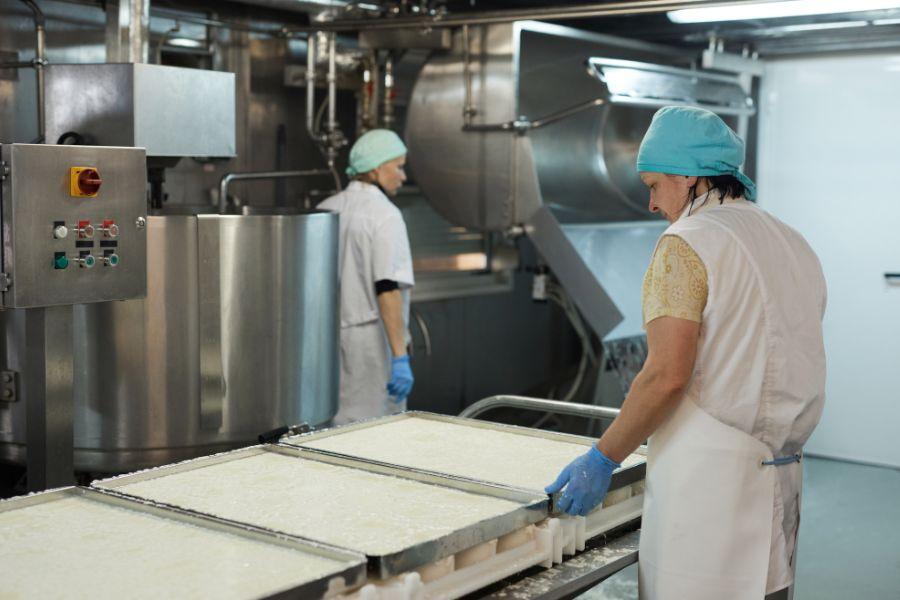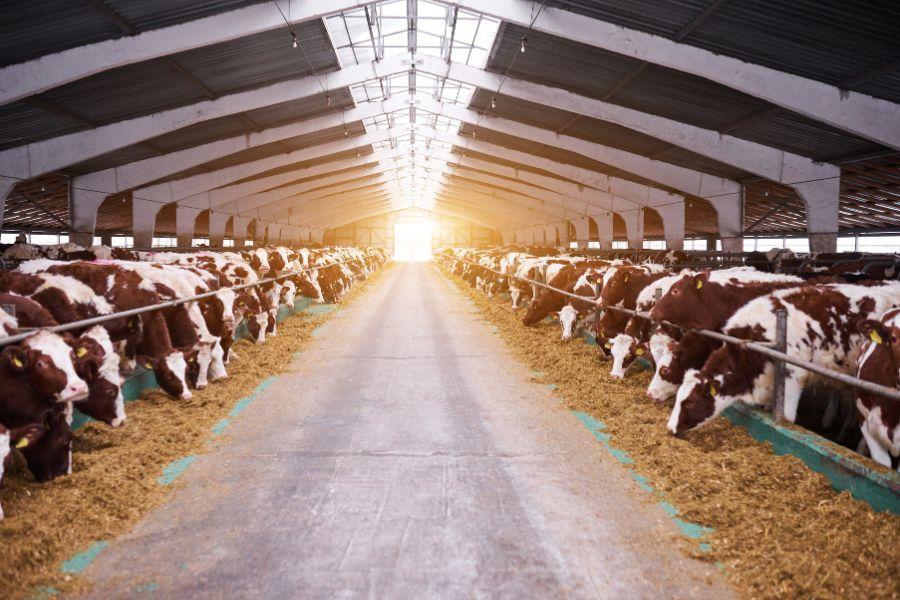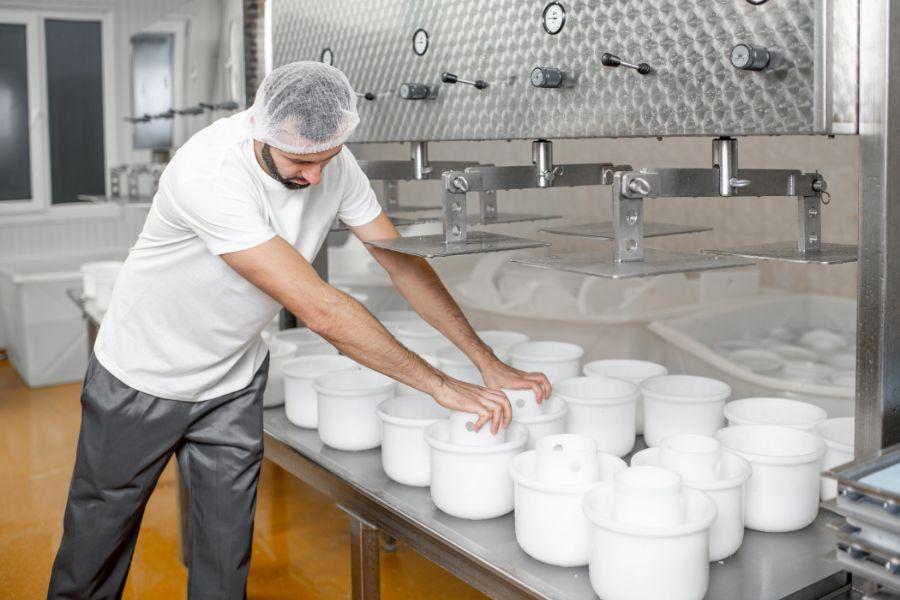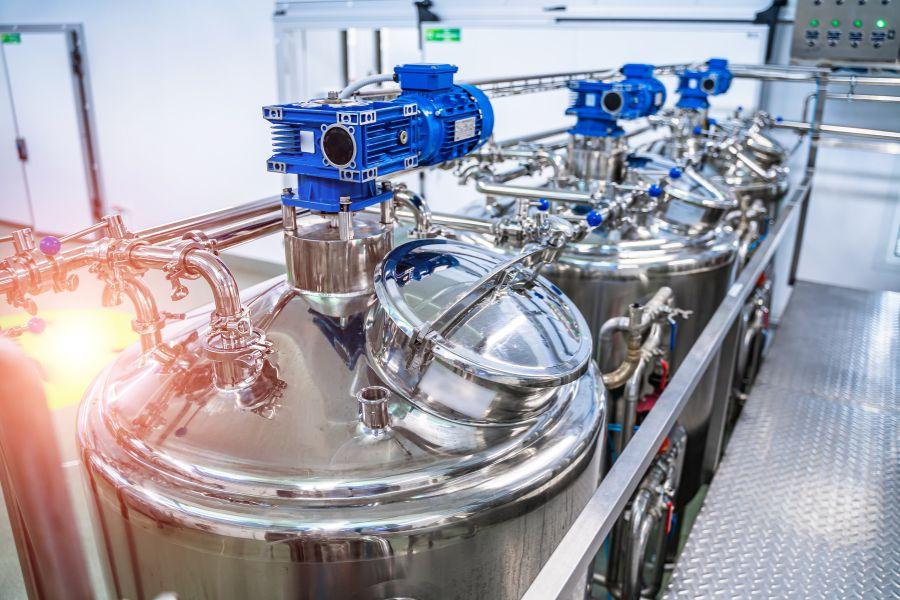Evaluation and Planning
Cleaning in the dairy industry is a critical process for ensuring food safety and maintaining required hygiene standards. Below is a detailed approach on how to carry out effective cleaning using industrial detergents, such as those we offer in our detergent factoryIn fact, we have specialized products like our detergent Derlac 10Derlac 10 is a chlorinated alkaline product designed for efficient industrial cleaning. Its outstanding wetting and emulsifying properties make it the ideal choice for removing organic residues, especially in heat exchangers. This product has proven effective in various sectors, from the dairy industry to the brewing industry, and encompassing the entire food industry. Derlac 10 guarantees thorough cleaning and compliance with the highest hygiene standards, helping to maintain optimal sanitary conditions in critical industrial environments. In our catalog, you can find other cleaning products suitable for the dairy industry, such as: Derlac 20 or as DL 21 Clorbac.
In the dairy industry, hygiene and cleanliness are critical aspects to ensure product quality and safety. As detergent factory We advise you to take into account:
- Strict Health Regulations: The dairy industry is subject to strict health and food safety regulations. Compliance with these regulations is essential to ensuring the quality and safety of dairy products.
- Cleaning Equipment and Surfaces: Equipment used in dairy production, such as storage tanks, pipes, and processing machinery, must be thoroughly cleaned to prevent bacterial contamination. Food-industry-specific detergents and disinfectants are essential.
- Temperature Control: Temperature is critical when handling milk and milk products. Strict temperature control must be maintained throughout the entire process, from milk collection to the production of final products.
- Preventing Cross-Contamination: Preventing cross-contamination is essential. This involves separating processing areas, implementing sanitation practices, and ensuring staff adhere to hygienic measures, such as the use of personal protective equipment.
- Water Quality Monitoring: The quality of the water used in dairy production is crucial. It must meet rigorous standards to ensure product safety. Regular monitoring of water quality is essential.
- Proper Storage: Milk and milk products must be stored at specific temperatures to prevent bacterial growth and ensure the freshness and quality of the final product.
- Staff Training: Staff must receive adequate training in food hygiene and safety practices. Ongoing training ensures that staff are aware of the latest regulations and best practices.
- Preventive Maintenance: Machinery used in dairy production must undergo regular maintenance to prevent problems and ensure efficient operation.
- Effluent Treatment: Proper treatment of process effluents is essential to minimize environmental impact and comply with environmental regulations.
- Market Trend Tracking: The dairy industry must also stay abreast of market trends, such as the demand for organic dairy products or dairy alternatives, to adapt to consumer preferences.
The dairy industry requires a comprehensive approach that encompasses everything from production and processing to quality control and compliance with health and food safety regulations.
Detailed Cleaning Steps
1. Surface Cleaning
Start by cleaning the external surfaces of machinery and equipment with a quality industrial detergent. Pay special attention to areas prone to dairy residue buildup.
2. Equipment Cleaning
Use detergents specifically designed for dairy equipment. Follow the manufacturer's instructions and focus on areas prone to grease and protein buildup.
3. Disinfection
Apply an industrial disinfectant after cleaning to eliminate any bacteria or germs present. Disinfection is essential when handling dairy products.
Ventilation and Odor Control
After cleaning, ensure adequate ventilation to eliminate any residual odors from the cleaning products. This ensures a healthy work environment.
Regular Maintenance and Staff Training
Implement a regular maintenance program and provide ongoing training to staff on protocols and the proper use of industrial detergents. Training is key to maintaining consistent cleaning standards.
By following these steps and using industrial detergents specialized for the dairy industry, efficient cleaning is achieved and meets the hygiene requirements necessary for safe food production. The key lies in planning, methodical execution, and ongoing commitment to best cleaning practices in this specific environment.
